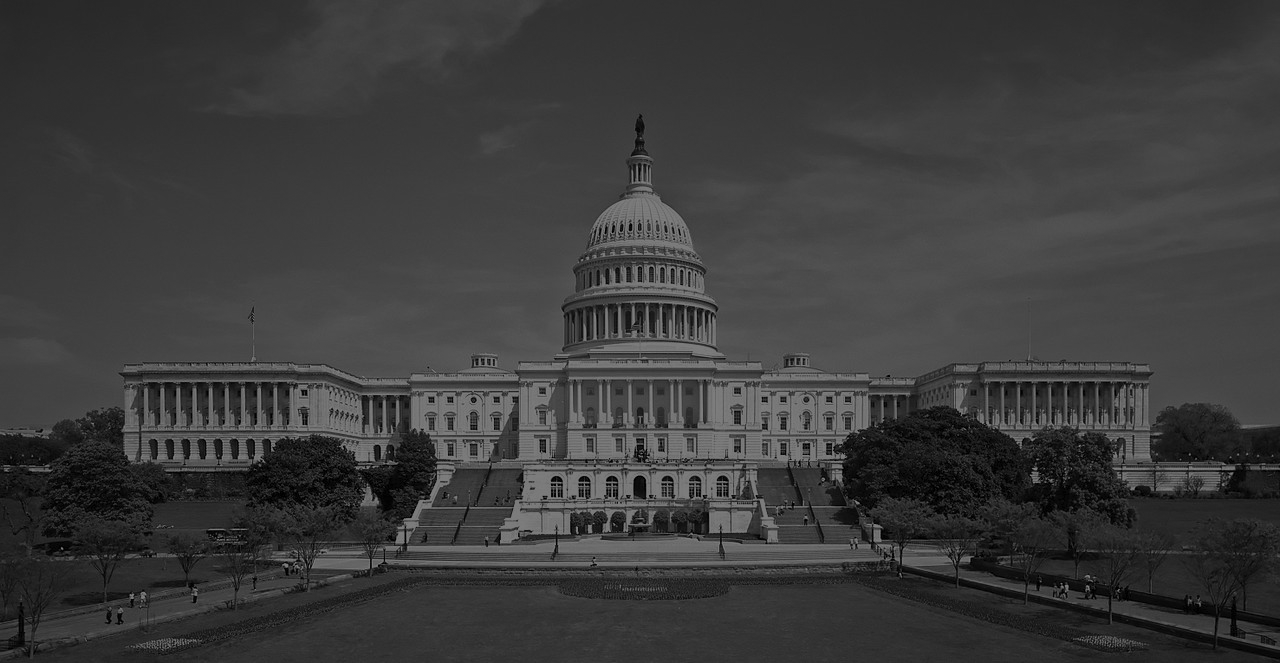Yesterday, the Senate Environment and Public Works Committee held a hearing on S.697, the new legislation to reform the Toxic Substances Control Act sponsored by Senators Vitter and Udall. This kind of hearing – a “legislative hearing” as opposed to an “oversight hearing” – is a formal part of the process that must occur before legislation can be voted on by the committee and the full Senate.
I’m happy report that – so far at least – the “system” worked. Senator Inhofe, the Committee Chairman, ran a fair process and the other senators were substantive and constructive in their remarks and questions. Issues we highlighted in a letter to the Senate were among those that took center stage. The overwhelming conclusion to any but the most partisan observer was that the bill – though improved over last year’s version – needs additional work before it represents true progress for public health and gathers the broader support needed to become law.
 The most important exchanges in the hearing came from the most taciturn witness, Jim Jones, the Assistant Administrator of the EPA for chemicals and pesticides. Mr. Jones has a difficult job in a hearing like this because the Administration typically does not take a formal position on any legislation until later in the process. However, all observers closely read the answers for signs and signals of what it would take to ensure Administration support and to validate or refute various substantive claims. His answers generally reinforced the claims we have made: that the bill, though improved, needs more work, and he implied that the Administration is looking for further improvements.
The most important exchanges in the hearing came from the most taciturn witness, Jim Jones, the Assistant Administrator of the EPA for chemicals and pesticides. Mr. Jones has a difficult job in a hearing like this because the Administration typically does not take a formal position on any legislation until later in the process. However, all observers closely read the answers for signs and signals of what it would take to ensure Administration support and to validate or refute various substantive claims. His answers generally reinforced the claims we have made: that the bill, though improved, needs more work, and he implied that the Administration is looking for further improvements.
To the proponents of the bill, Jones confirmed that in EPA’s analysis, the bill now meets a threshold principle for the Obama Administration that the safety standard in the bill is a “health only” standard instead of a “cost-benefit” standard. However, he also confirmed that the level of protection provided by the new standard is unclear compared to the one proposed in Senators Boxer and Markey’s alternative legislation. He also confirmed a key criticism we have raised – that the bill rolls back the EPA’s authority to restrict a chemical in a consumer product – and suggested the rollback violates the Administration’s TSCA reform principles developed in 2009.
Perhaps more importantly, however, Jones highlighted that the Administration’s ultimate position on the legislation – whether they would sign it or veto it – would also hinge on issues that were not addressed in the 2009 principles, like the role of states and the treatment of “low priority” chemicals.
Jones confirmed our interpretation – and that of several state Attorneys General – of the bill’s effect on state programs. He pointed out that the bill restricts states more than current law and more than other environmental laws. He confirmed that it removes the authority of states to co-enforce federal requirements and that state co-enforcement has generally been positive and necessary because it provides more “cops on the beat.” He also confirmed that a low priority designation under the bill is effectively a final agency action and that it is rare for such action to be shielded from judicial review as it is currently in the bill.
 Senators Whitehouse (D-RI), Booker (D-NJ), Merkley (D-OR), Markey (D-MA), Cardin (D-MD), and Boxer (D-CA) all homed in on these issues. So did Senator Carper (D-DE) – a cosponsor of the legislation from the industry-rich state of Delaware. The breadth and commonality of concern among these members – and the fact that they dovetailed with the analysis of Mr. Jones – raises some hope in my mind these issues will be addressed.
Senators Whitehouse (D-RI), Booker (D-NJ), Merkley (D-OR), Markey (D-MA), Cardin (D-MD), and Boxer (D-CA) all homed in on these issues. So did Senator Carper (D-DE) – a cosponsor of the legislation from the industry-rich state of Delaware. The breadth and commonality of concern among these members – and the fact that they dovetailed with the analysis of Mr. Jones – raises some hope in my mind these issues will be addressed.
It fell to Senator Boxer in the hearing to highlight a particular weakness of the Vitter-Udall bill in the area of expedited action on known problematic chemicals. EPA would have to prioritize asbestos anew, for example, and go through the whole process to try and regulate it, even though it is perhaps the most notorious substance we have. Her own bill would name asbestos and require EPA to restrict it up front. Similarly, her bill would require EPA to first identify and then expedite action on the class of chemicals that build up in the food chain.
Substantively, at least, it is easy to see how one could borrow these concepts from Senator Boxer’s legislation, address the other areas of critique raised by senators that Mr. Jones confirmed, and rework the Vitter-Udall legislation into something that would represent a genuine win for public health and the environment while also drawing much broader political support.
The only reason that won’t happen is if the chemical industry draws a “red line” around further changes to the legislation as they attempted to do before the bill’s introduction. That would only harden opposition to the bill within the public health community and jeopardize the chance for progress on this critical issue.




